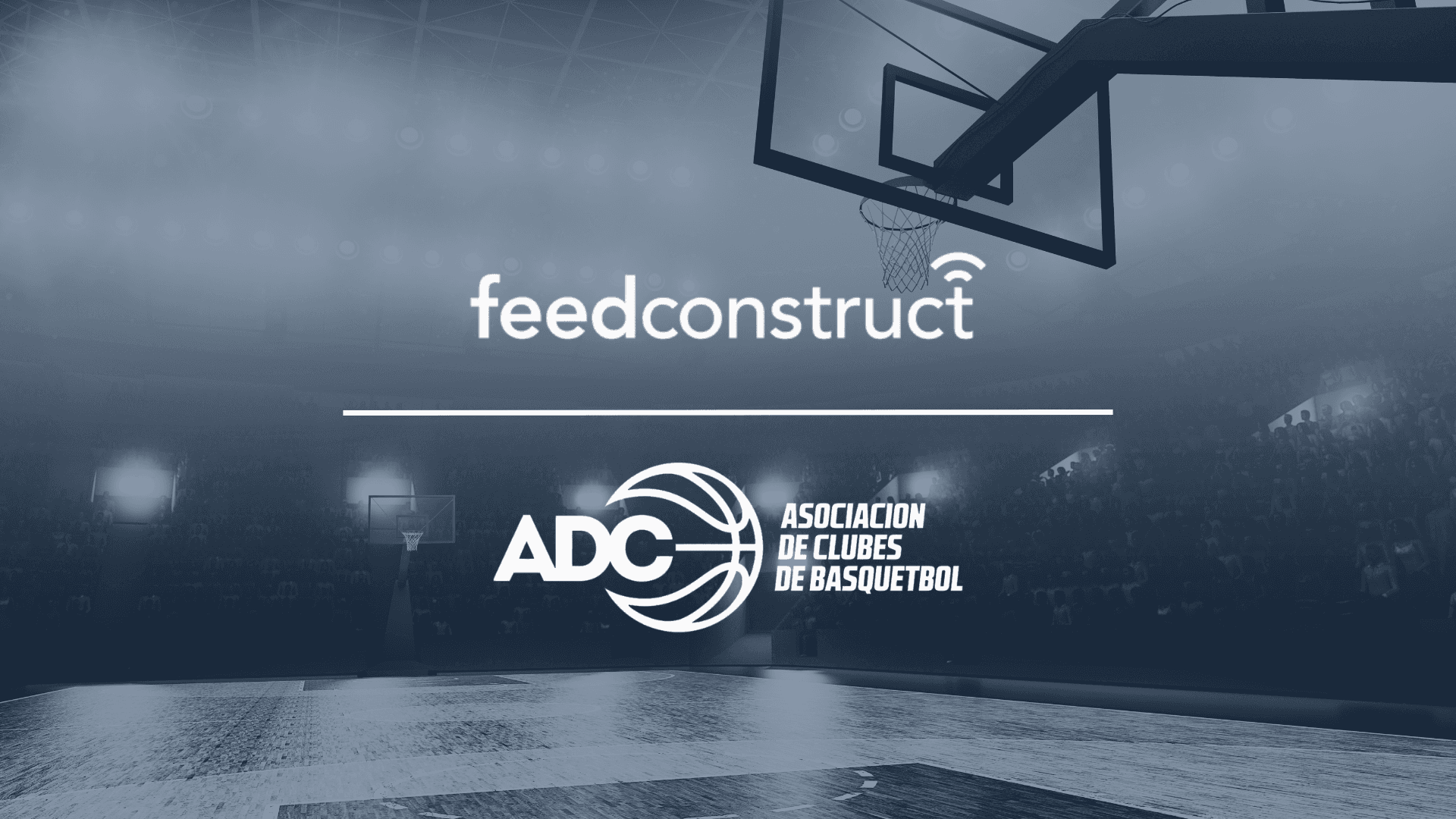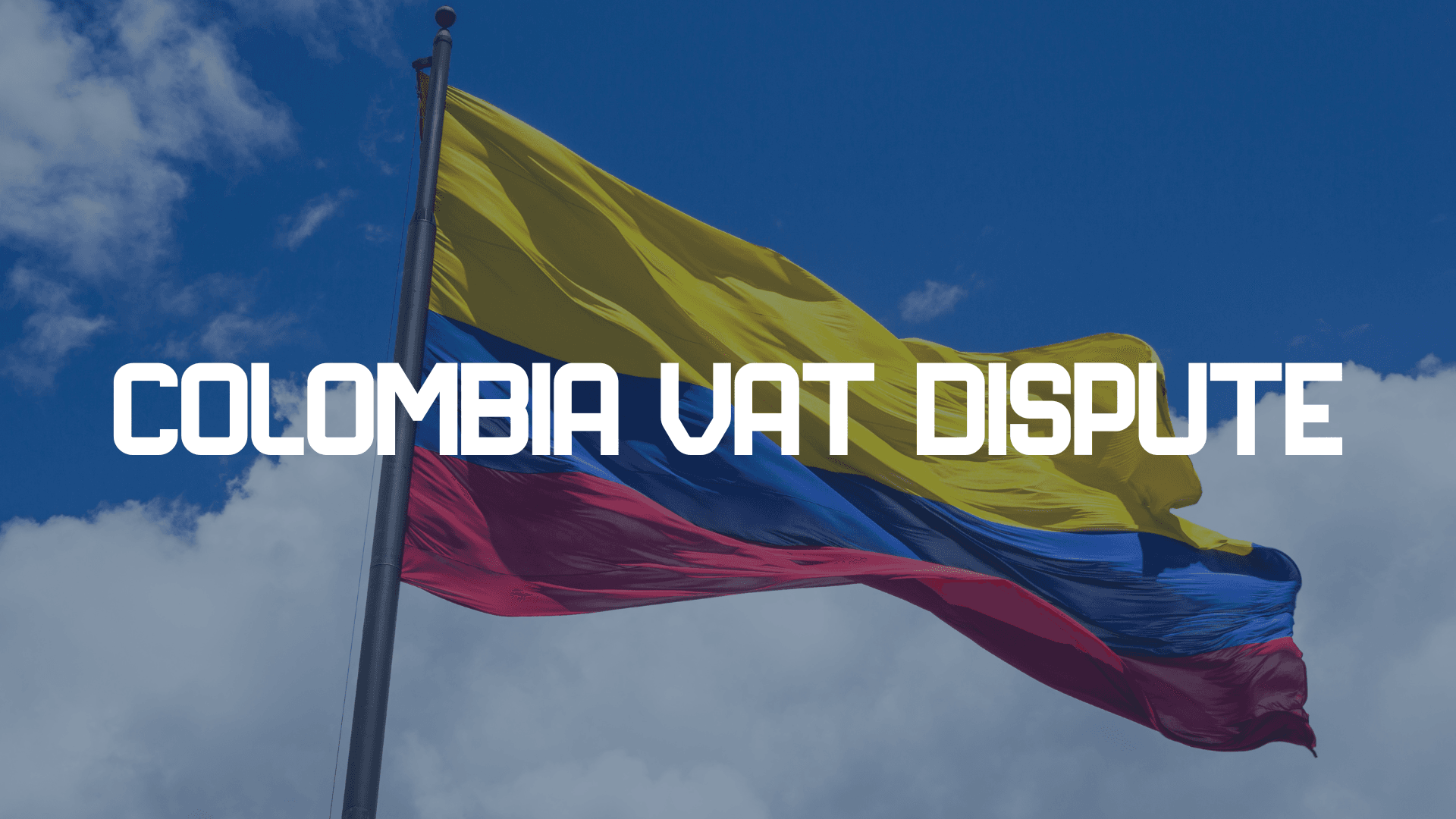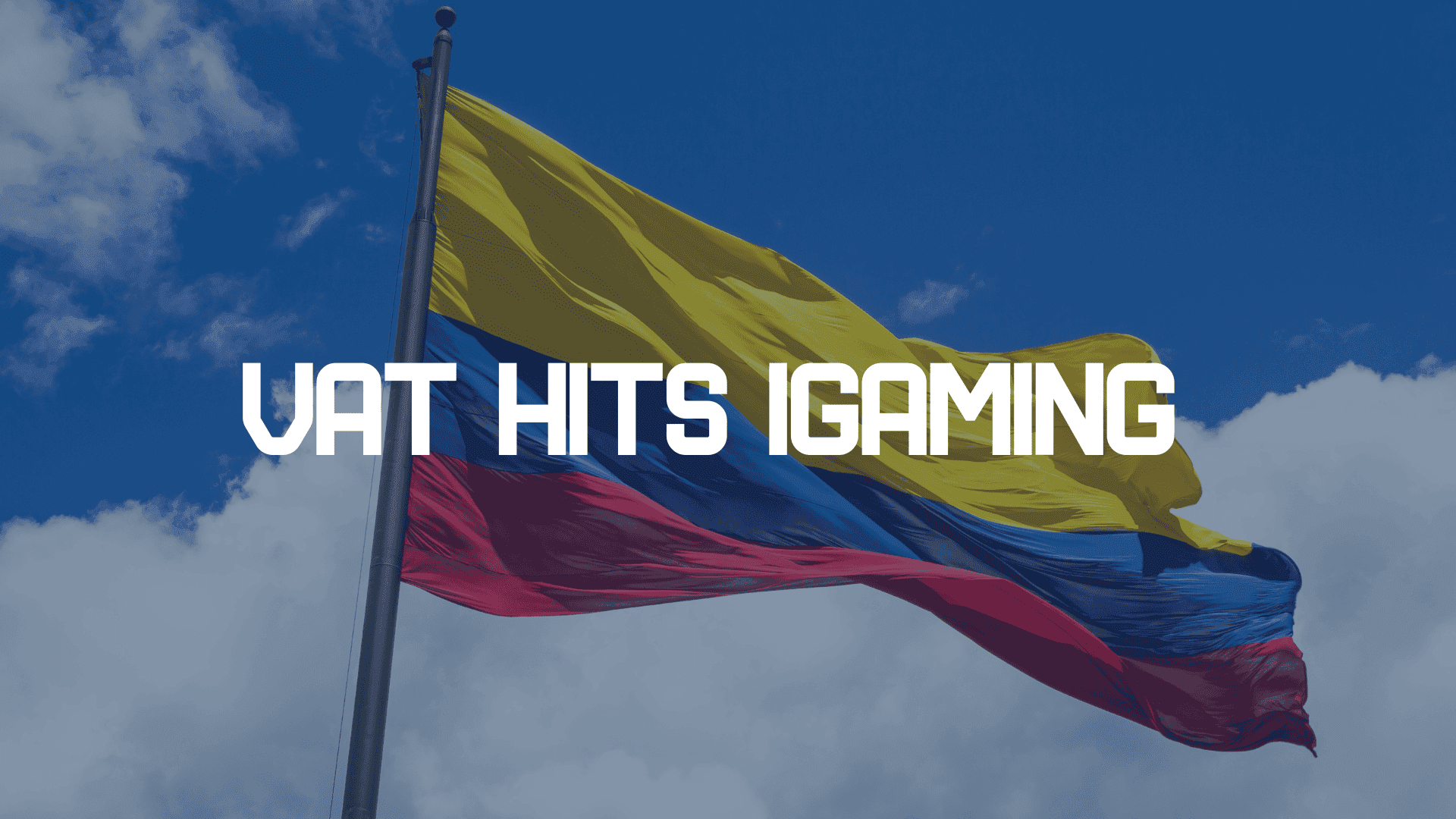Colombia’s online gambling industry is facing a sharp downturn following the introduction of a 19% value-added tax (VAT) on player deposits. Implemented in February 2025, the tax has led to an estimated 30% decline in gross gaming revenue (GGR), sending shockwaves through a sector that had previously been praised for its regulated growth and contribution to public funds.
A Direct Hit on Player Behavior and Operator Revenue
The newly imposed VAT is levied directly on the amount players deposit into their gaming accounts, effectively reducing the value of those deposits. A player depositing COP 100,000 now receives only around COP 84,000 for actual gameplay, discouraging higher deposit volumes and reducing wagering activity across the board.
As a result, several licensed operators have reported dramatic drops in key metrics such as total deposits, average player spend, and platform engagement. Some report reductions as high as 50% in core performance indicators—threatening the financial sustainability of even the most established platforms.
In an attempt to mitigate the impact and maintain user loyalty, some operators have offered bonuses equivalent to the VAT charge, temporarily absorbing the cost themselves. However, this strategy is widely seen as unsustainable over the long term, placing further strain on operating margins.
Risk of Driving Players to the Black Market
Industry leaders have voiced concern that the VAT will inadvertently benefit illegal gambling platforms. These unregulated operators are not subject to the same tax requirements and may now appear more attractive to price-sensitive consumers. This shift threatens to undo years of progress in creating a safe, regulated, and tax-contributing online gambling environment.
Beyond market implications, there are broader public risks. The rise of unlicensed gambling platforms can compromise responsible gambling standards, increase the risk of addiction, and reduce player protections such as age verification and data security.
Impact on Public Health Funding
Colombia’s regulated gambling industry is a significant contributor to the country’s public health system. In 2024 alone, it was projected to generate nearly COP 1 trillion in tax revenue. A sustained drop in legal gambling activity could directly affect these contributions, putting essential healthcare services under pressure.
Industry Calls for Policy Reassessment
Industry representatives are calling on the government to reconsider the structure of the VAT as it applies to gambling. There is a push for a more sustainable tax model that balances revenue collection with the long-term viability of the iGaming sector.
The proposed alternative approach would involve constructive dialogue between policymakers and industry stakeholders, prioritizing technical input, market data, and economic impact assessments. The goal is to create a regulatory environment that protects public interests without crippling a legal industry that generates jobs, taxes, and safe entertainment.
As the effects of the VAT continue to ripple through Colombia’s online gambling landscape, the industry remains hopeful that reasoned policy adjustments can still safeguard both economic health and public welfare.
Sources: iGaming Business, iGaming Today

Betsson Becomes Official Betting Partner of the Davis Cup

Betinia Expands Gamification Strategy with Diego Simeone ‘Football Manager’ Platform

Betty Expands Toronto Footprint with Argonauts and Toronto FC Deals

FeedConstruct Acquires Exclusive Global Rights to Argentine Basketball Leagues

Petro Pushes to Preserve Colombia’s Gambling VAT Amid Budget Pressure
2026 © Invixos. All rights reserved. A product by Jerom Verschoote.

